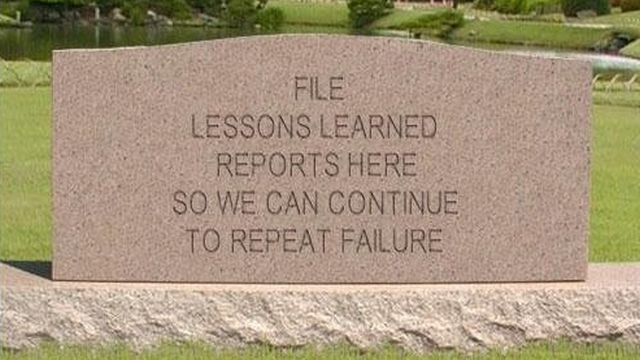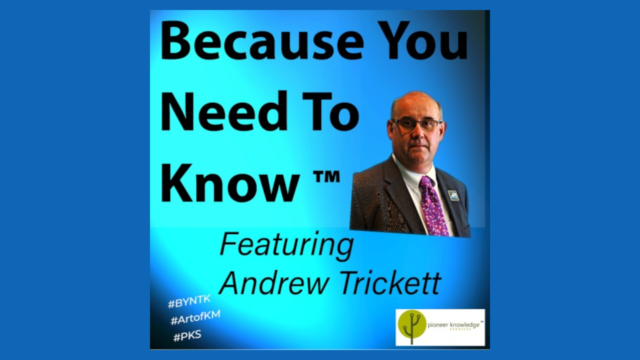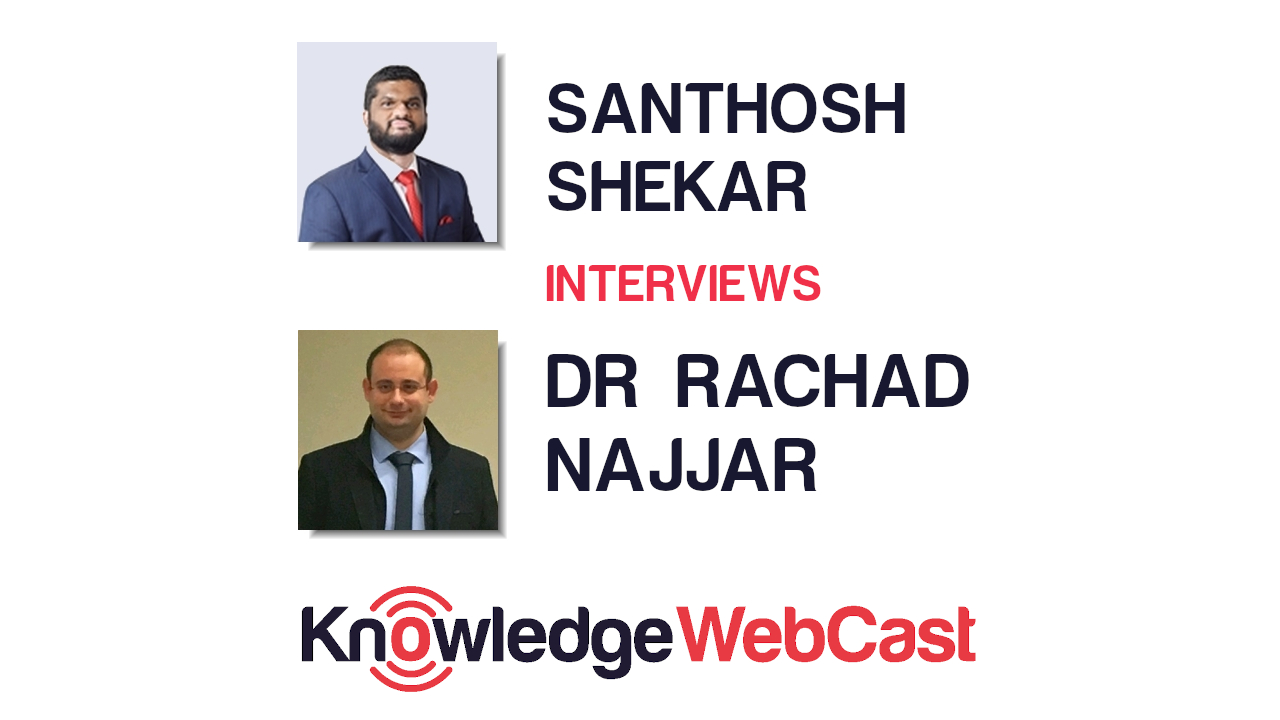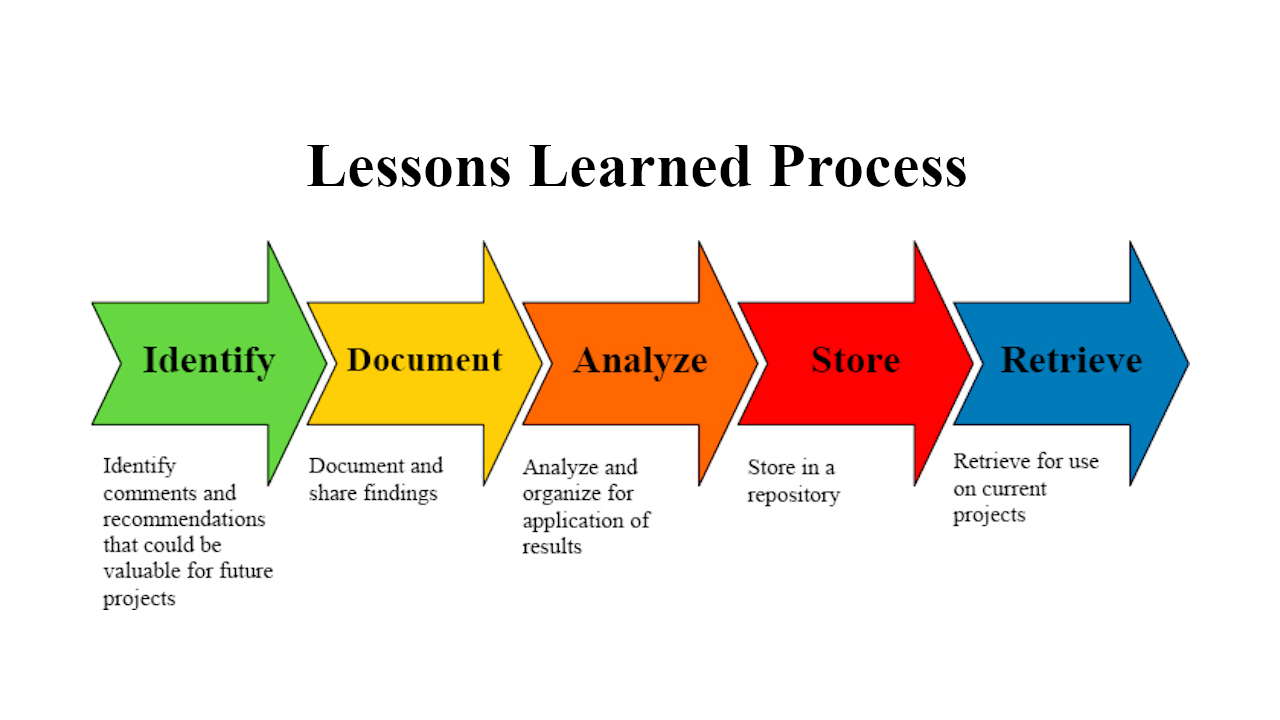
Lessons learned utilization from the perspective of the three farming methods
Lessons learned1 involves organizations capturing, measuring, and analyzing the positive and negative experiences from projects.
The aim is to then draw on these lessons learned in the planning and management of future projects. For example, a project manager or knowledge manager can review the organization’s lessons learned database and identify relevant areas. However, this often doesn’t happen effectively in practice, with lessons learned from prior projects not adequately incorporated into current operations.
Lessons learned need to become lessons applied as quickly as possible. Let us look into three basic types of farming operations to see how to accomplish this task.
Traditional farming
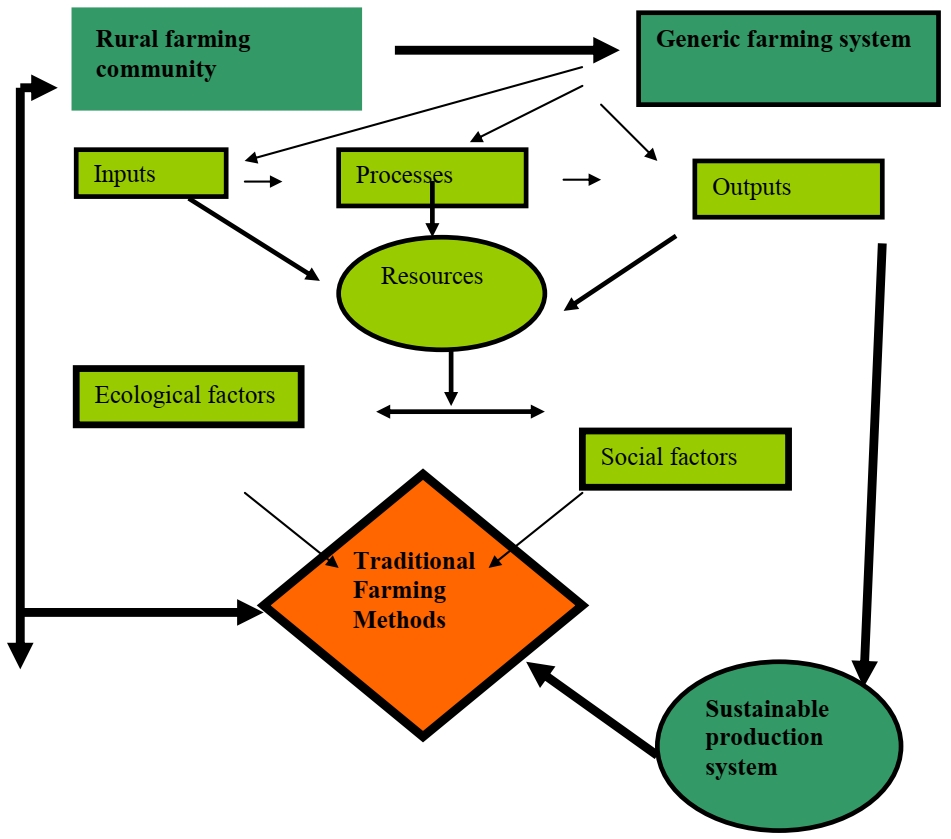
Traditional farming2 involves the use of traditional methods and indigenous knowledge. American farmers use co-ops or restaurant networks to facilitate best knowledge practices in the area. This allows them to discuss what techniques work in a community of practice (CoP) and apply them quickly to obtain the largest harvest possible. This is an example of how lessons learned become applied in a CoP. Unknown variables in these production systems are weather and soil.
Lessons learned from this type of farming are identified after harvest and incident remediation (e.g. to address bugs, drainage, environment, etc.). The results of the application of these lessons learned will be seen after a prolonged period of time.
Hydroponics
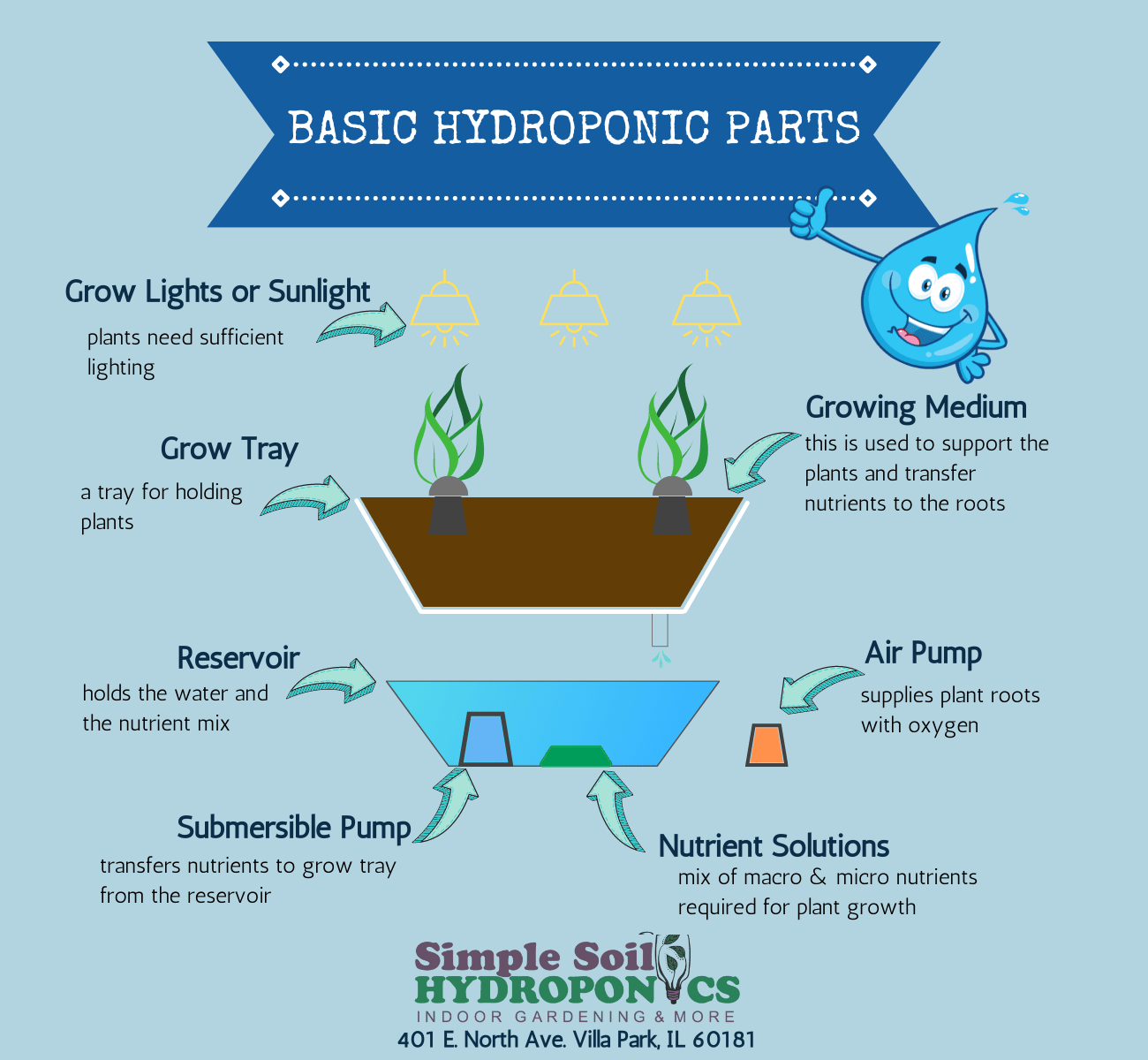
Hydroponics is the process of growing plants in sand, gravel, or liquid, with added nutrients but without soil. There are many hydroponics communities discussing everything including enclosures, robots, lighting, chemicals, and layout to facilitate the best harvest possible. In these CoPs are researchers, companies (large and small), through to hobbyists, all exchanging knowledge in regard to what they are learning (for example, H2Grow). Small scale to large scale operations test and apply the lessons to dominate the field quickly. Everything from vertical use of buildings to underground operations. These changes are seen faster than conventional farming as all variables can be accounted for. The only variables, in this case, would be equipment and inside/exterior growth utilization. Exterior operations will face temperature variables.
Lessons learned from this type of farming are identified during raising, harvest, and incident remediation (e.g. to address bugs, drainage, environment, etc.). The results of the application of these lessons learned will be seen in a short time.
Aquaponics
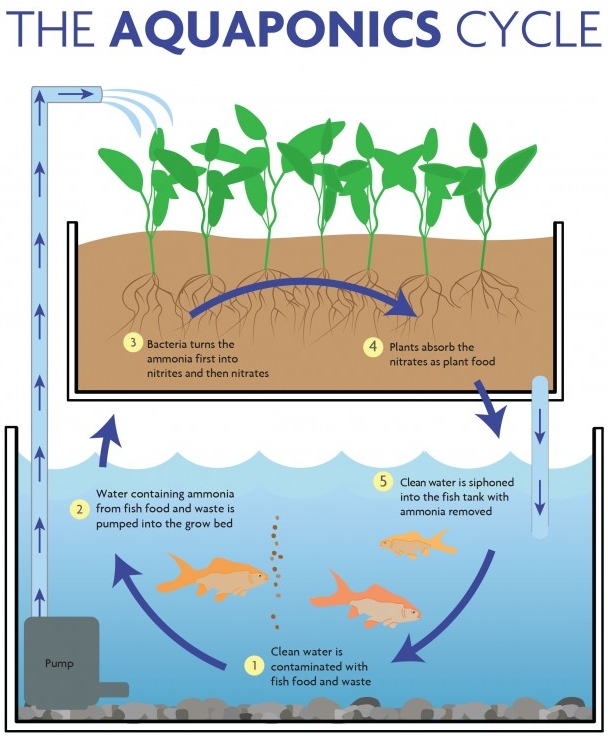
Aquaponics uses the waste produced by farmed fish or other aquatic animals to supply nutrients for plants grown hydroponically, which in turn purifies the water for the fish of aquatic animals. CoPs (for example The Aquaponics Association) are similar in nature to hydroponics, with some utilization of traditional farming. This is due to the knowledge needed to keep plants alive without soil, utilizing a living animal’s waste, and understanding the equipment utilized. This is seen as a more sustainable method of long-term food sourcing. Harvesting the plants at the same speed as hydroponics and the rotation of the animals will produce the necessary nutrients for humans. The variables from the lessons learned are similar to hydroponics, with the addition of the animal specifics.
Lessons learned from this type of farming are identified during raising, harvest, and incident remediation (e.g. to address bugs, drainage, environment, etc.). The results of the application of these lessons learned will be seen in the quickest time since aquaponics uses live animals to produce the waste.
Applying lessons learned
As shown, the lessons learned have various inputs with varying times of showing results. The lesson learned should be applied to the standard operating procedure (SOP) as quickly as possible to see the result quicker. The reason is that it is folly to allow the same problem to happen twice in a row. A project manager will apply lessons learned early to ensure that their team is successful. If another project manager reads the information produced by the first team, they should analyze what aspects can be applied to their team.
The organization should publish these lessons learned documents organization-wide, along with the encouragement to use the change manager or the knowledge manager during this process. These lessons should be continuously announced by impact areas, as long as they are relevant.
Information silos can prevent people using lessons learned databases or being aware of a particular lesson learned. To help address, metadata can be used in the documents, with a standard and regularly reviewed ontology3 and taxonomy. Most organizations do not refresh the ontology as the years go on, resulting in lost information. Words have changed in their use over time, along with technology changing.
Lessons learned and not applied are lessons costing the bottom line. Lessons learned and applied multiply and enable the bottom line.
Header image source: Sandra F. Rowe and Sharon Sikes, Project Management Institute (PMI)4.
References:
- Rowe, S. F. & Sikes, S. (2006). Lessons learned: taking it to the next level. PMI® Global Congress 2006. Project Management Institute (PMI). ↩
- Maragelo, K. P. (2008). Traditional agriculture and its meaning in the lives of a farming community: the case of Embo (Doctoral dissertation). ↩
- Poli, R. (1996). Ontology for knowledge organization. Advances in Knowledge Organization, 5, 313-319. ↩
- Rowe, S. F. & Sikes, S. (2006). Lessons learned: taking it to the next level. PMI® Global Congress 2006. Project Management Institute (PMI). ↩

